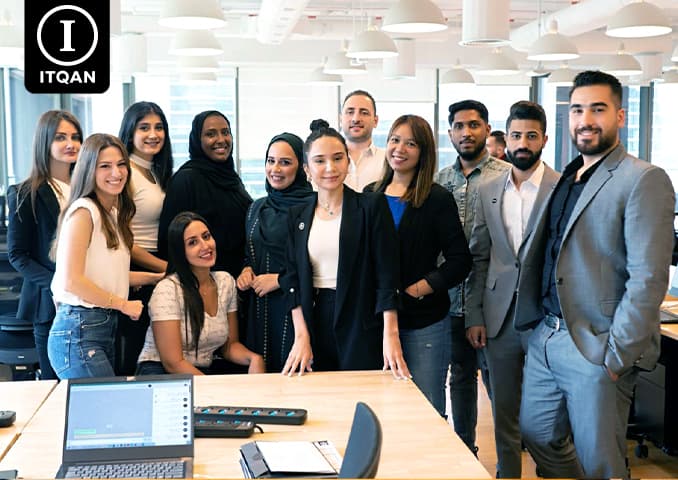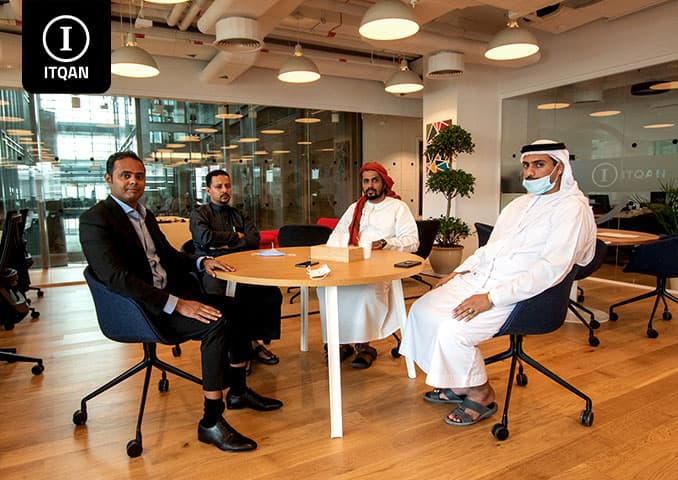Dubai Free Zone
Dubai Free Zone is one of the most prominent factors that have contributed to strengthening the UAE’s position as a global business hub. These areas provide an ideal business environment for investors, and provide them with a range of competitive advantages that make it an attractive business destination. Dubai Free Zones were established to attract […]











